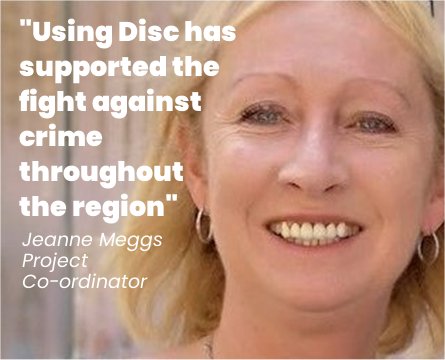Crime wave across rural Britain: Disc can help…

Agriculture sector insurer NFU Mutual has reported that the cost of rural crime rose by 20% in 2022, reaching a total of £49.5m based on the company’s claims statistics.
NFU Mutual puts much of the rise down to a combination of world events, such as the war in Ukraine, plus domestic issues such as the cost-of-living crisis and high inflation, which have led to the emergence of illicit markets in rural equipment and more activity by both organised and opportunist criminals.
Limited supply of new plant and machinery and rising second-hand prices have lead to a significant increase in thefts of equipment from farms. Sophisticated – and portable – GPS equipment used increasingly by arable farmers, is in strong demand, and NFU Mutual reports that the higher levels of thefts of such devices experienced in 2022 has doubled in the first few months of 2023.
Soaring prices in the second-hand market helped explain a 66% rise in trailer thefts and a 34% rise in quad-bikes and all-terrain vehicles in 2022 compared to the previous year.
The NFU Mutual recommends farmers take protective measures to guard against rural crime, including locking-up valuable or portable machinery, installing CCTV and marking equipment.
Sharing information about travelling offenders reported in the vicinity, as well as other timely information is critical too, enabling farmers to ‘target harden’ their property. More and more Farmwatches, as well as police-led rural business crime reduction schemes are using Disc to bring rural business together to share current awareness, enable incident reporting direct to police and view images of known offenders and stolen equipment and vehicles.
For more on the benefits of Disc for rural crime reduction, contact us at enquiries@littoralis.com




